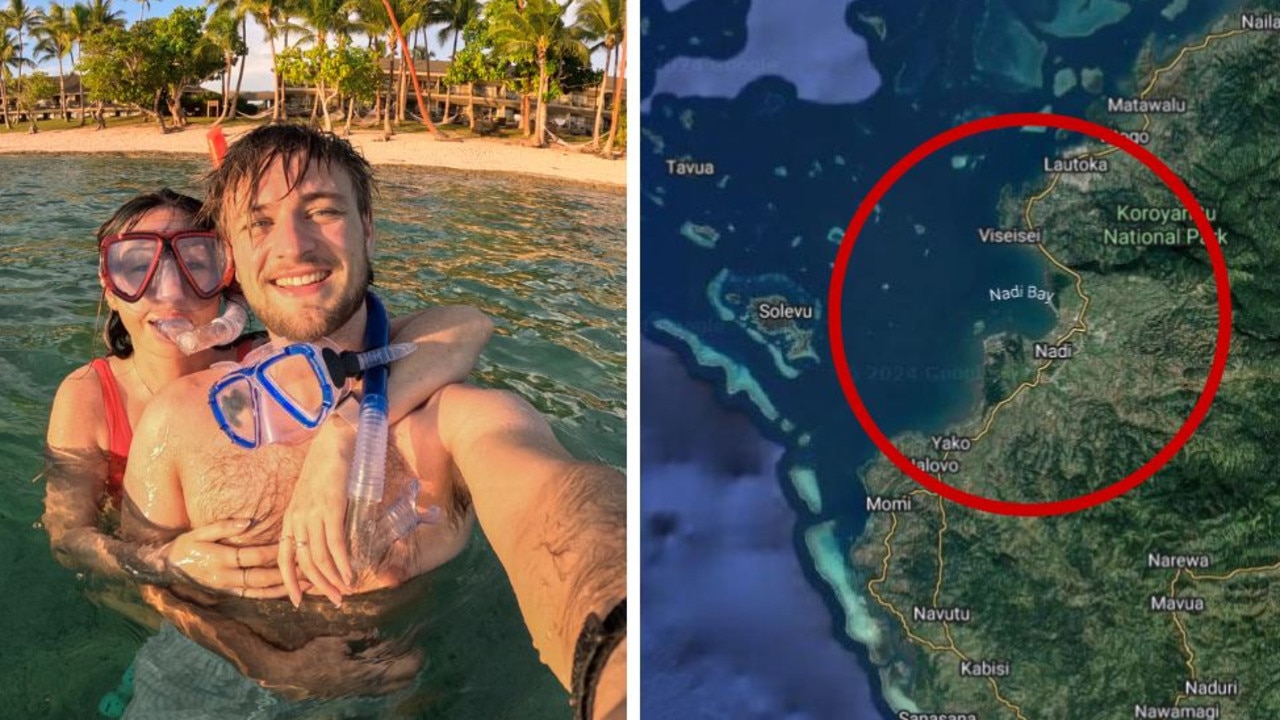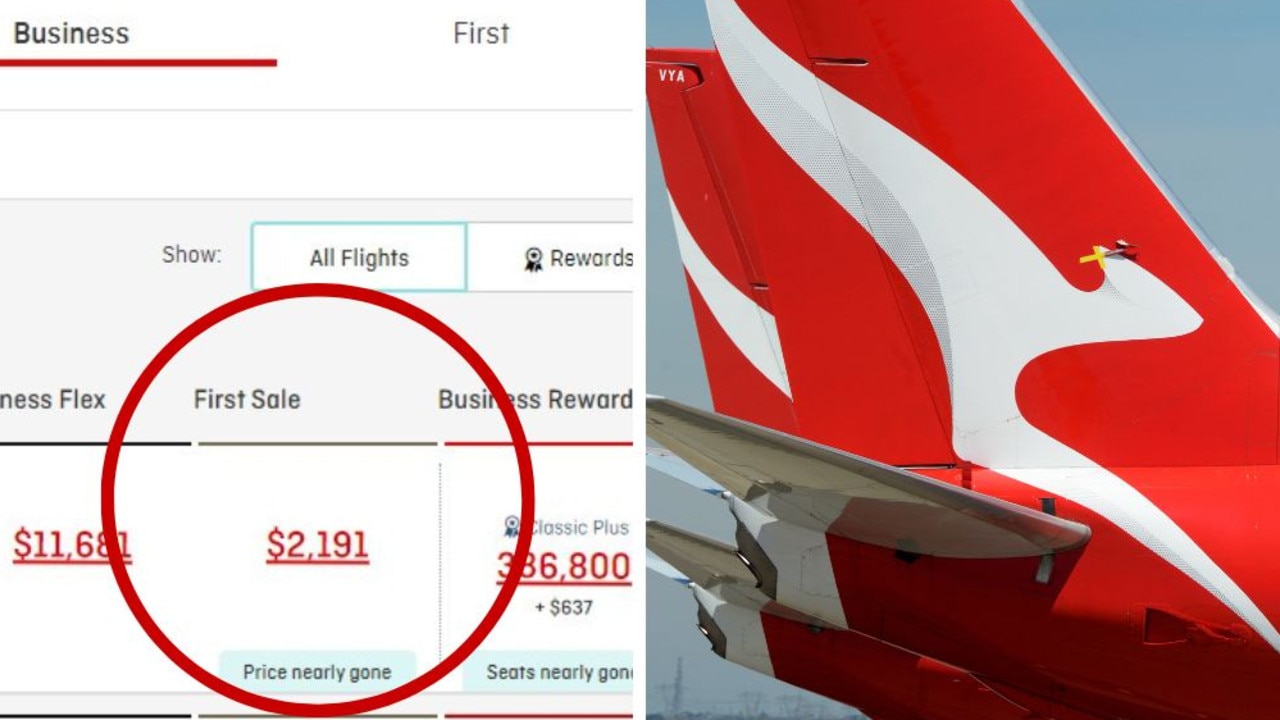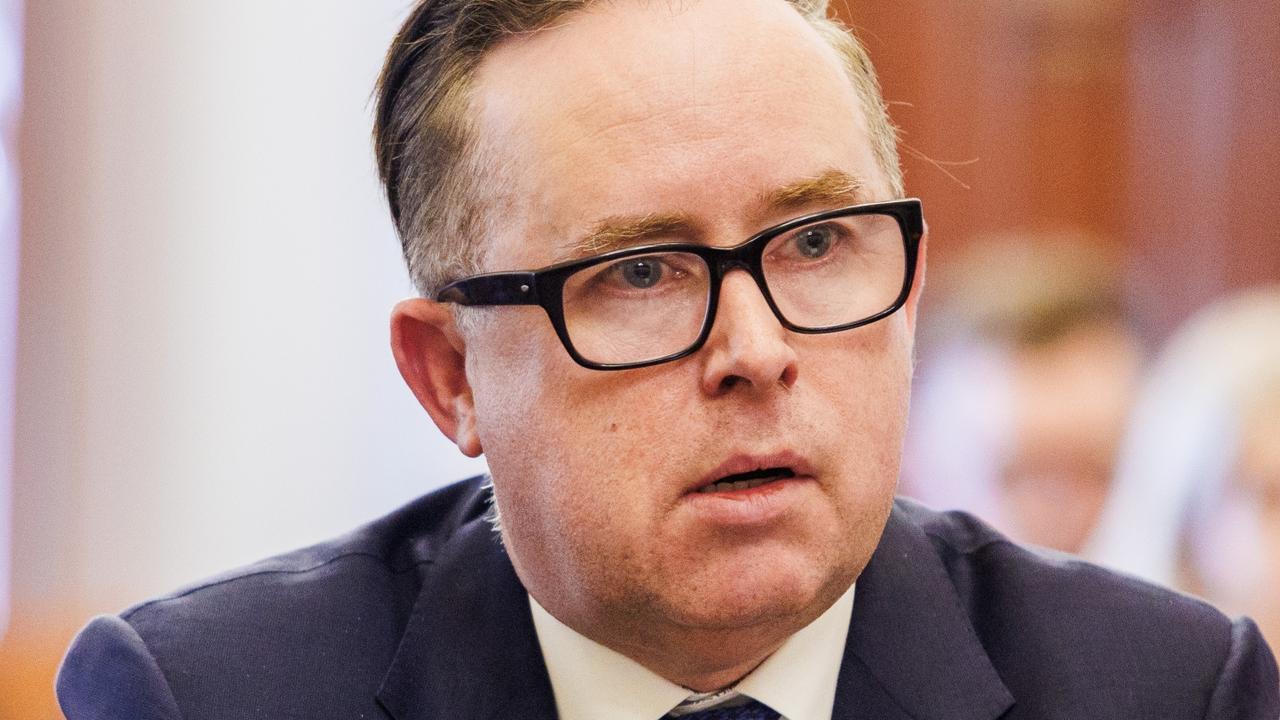The travel insurance ‘minefield’ and what you need to know about coronavirus
When it comes to navigating whether or not to travel amid the global coronavirus outbreak, it’s a minefield. This just makes things even trickier.
As the travel industry tries to fight against the global fright that is coronavirus, tens of thousands of travellers both across Australia and around the world are now questioning their holiday plans.
With the coronavirus situation evolving so quickly, and more cases being added to the global tally each day, holiday-makers have been left with the decision of whether or not they should be making changes to plans booked in the coming weeks and months.
But as the awareness of the virus grows, holiday-makers could be left thousands of dollars out of pocket if they decide to cancel their plans simply because of two words in their policy: known event.
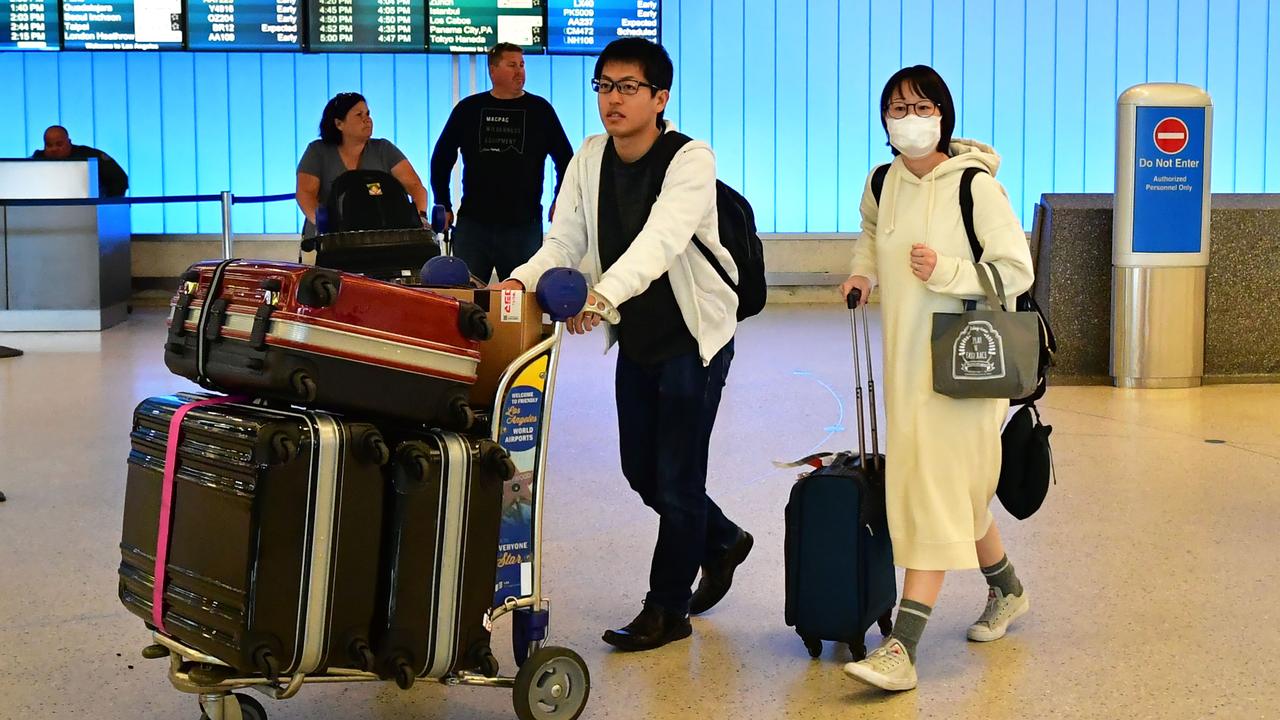
RELATED: How coronavirus will impact your travel plans
When it comes to travel insurance. navigating a policy isn’t always straightforward. There’s codes and clauses, phases and fine print that can sometimes have even the most seasoned traveller questioning whether they’re covered.
In a nutshell, taking out travel insurance generally covers you in four key areas – trip cancellation, trip interruption, medical evacuation, and emergency medical costs.
Unfortunately, travel insurers are unlikely to cover claims relating to the outbreak – especially if a holiday is not directly affected by the coronavirus, Compare Travel Insurance director Natalie Ball told news.com.au.
“In most cases, travel insurance does not cover for fear or changes of mind,” Ms Ball said. “As well, many insurers exclude cover for pandemics and epidemics, events known in the mass media, and anything that you were aware of that may give rise to a claim at the time of purchase.
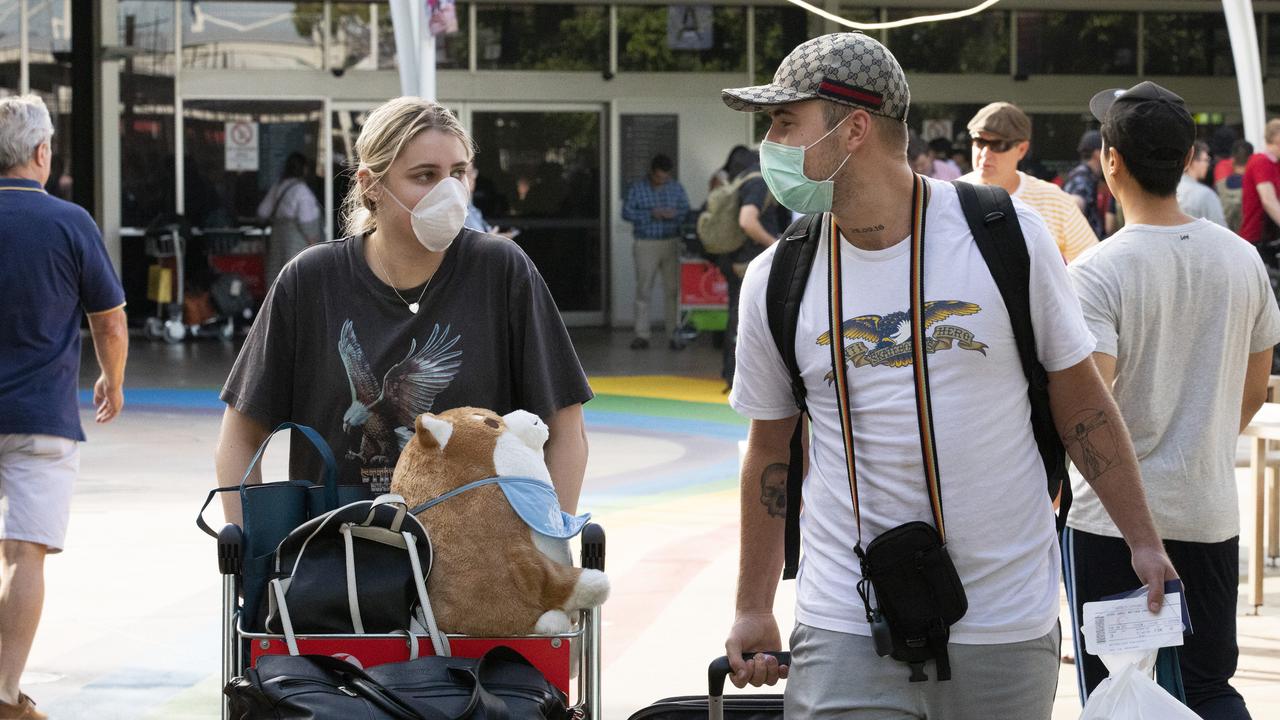
RELATED: Follow our coronavirus updates
“Travel insurance policies vary, so you may be entitled for compensation should the Australian government DFAT issue a level-four ‘do not travel’ travel warning for the country you are visiting. This would largely depend on which insurer you bought your policy with and when you purchased your cover. All customers are always entitled to lodge claims for formal review, which will be assessed on a case-by-case basis.”
Because DFAT has only advised against travel to China and Iran so far, cancellations in other destinations are unlikely to be covered or refunded by a service provider.
However, travellers may be eligible to claim for nonrecoverable expenses if the Government upgraded its travel advice after a policy was purchased, Ms Ball said.
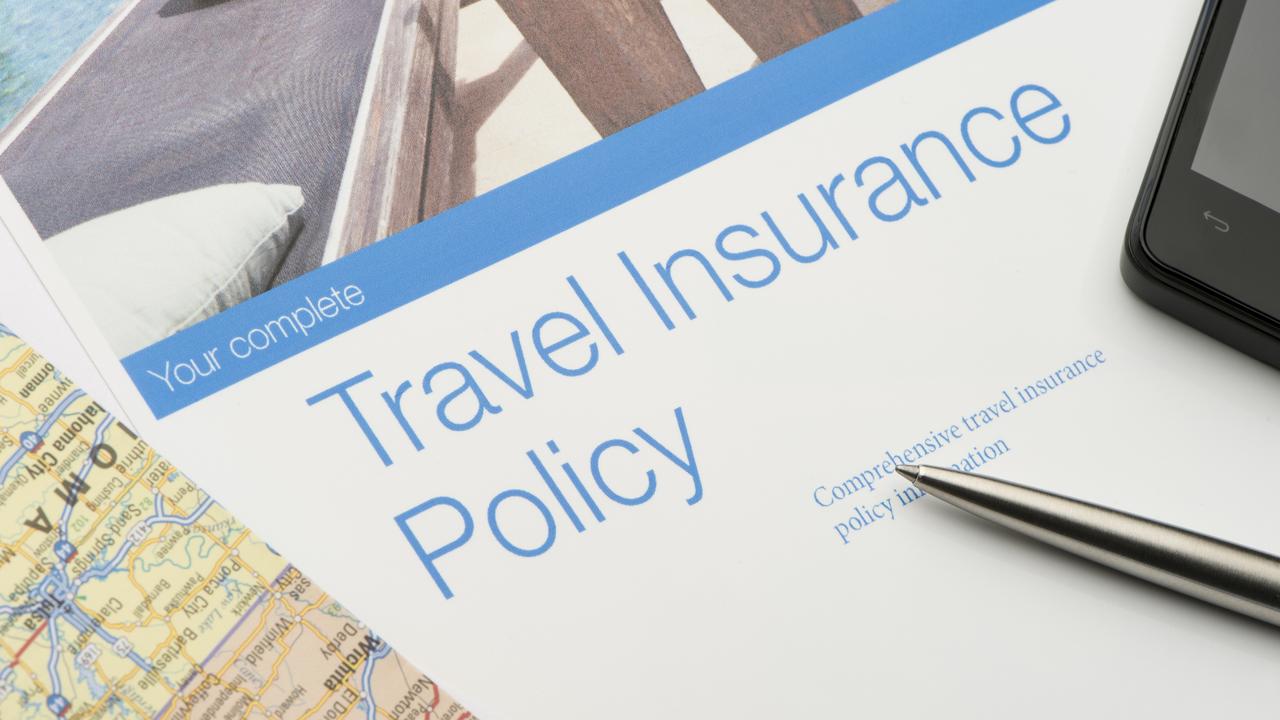
But the real challenge for claims will be the people who purchased insurance policies in the days, weeks and months after coronavirus became a “known event” in Australia on January 23, 2020.
Essentially, “known events” can take many different shapes and forms – from disease outbreaks to natural disasters. On paper, these are big events that could affect a traveller’s holiday plans and a traveller could have reasonably been aware of before booking their trip.
“Currently, people are worried about travel in general,” Ms Ball adds.
“Mostly, travellers want to know if they’d be covered for cancellation. The reality is, the majority of travel insurers have cancellation and trip amendment exclusions for claims that relate to epidemics, pandemics and the likely threat of an infectious disease.
For those who have yet to purchase travel insurance, it may be too late to purchase cover for Covid-19 due to the well publicised nature of the outbreak.
“Regardless of your coverage, if you were to buy insurance now there is unlikely to be cover for cancellation,” Ms Ball said.
“Insurers apply cut-off dates to events that are considered widely known and omnipresent. There is not usually cover for events that are known in the mass media or anything that you were aware of at the time of purchase that may give rise to a claim. Most insurers have clear statements on their websites outlining their policies response to the novel coronavirus. If in doubt, you should contact your insurer directly.”
Ball says that the key message for travellers would be to invest in travel insurance sooner rather than later, and understand their policy terms prior to purchase.
“In short, travel insurance provides cover for ‘unforeseen’ events, which you were not aware of at the time of purchase,” she said.
According to Mozo, one of the best ways to identify “known events” is through travel warnings issued by DFAT’S Smartraveller website. If there is a “known event” in the area that you’re planning to travel to, it’s important to double-check your insurance policy will provide you with enough cover should you still choose to go.
“Travellers need to be extremely vigilant with ‘known events’ when purchasing travel insurance and make sure they know where they stand before taking off,” Mozo director Kirsty Lamont said.
“Epidemics, pandemics, outbreaks of diseases and viruses or any other significant widespread health crisis might also be considered to be ‘known events’ by your insurer and could see them deny you when it comes time to claim.”


